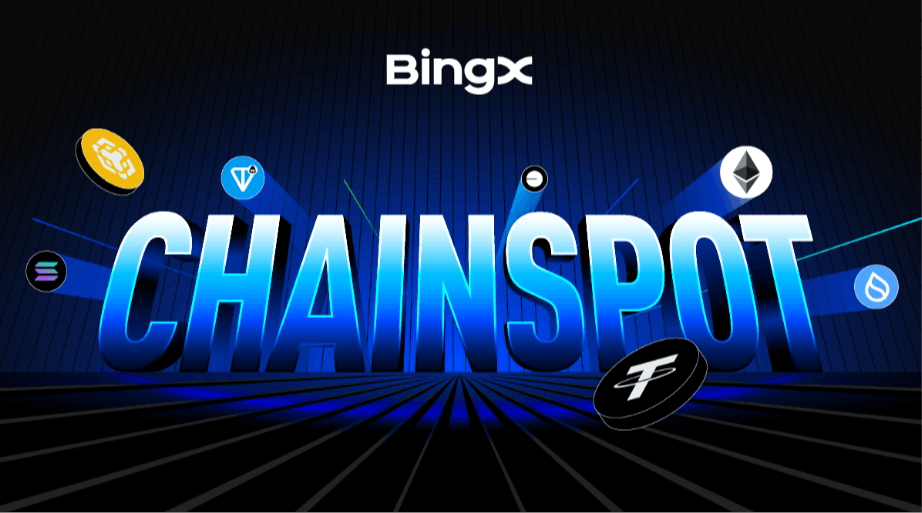Google, OpenAI, Perplexity, they all want one thing — to control the very portal through which you access the digital world. It’s war.
When I think of the general population, even some tech-loving folks like me, web browsers and operating systems aren’t exactly the most exciting things around.
Chrome, FireFox, Brave, Android, iOS — talking about these things sounds right up nerd alley (which is so not me).
While we might see browsers as just simple tools that fade into the background, AI companies see them differently. They see prime real estate.
Battle for the Browser, 2025 A.D.
Remember when the U.S. Department of Justice launched its crusade against Google for anti-competitive practices back at the start of 2023? Generative AI wasn’t really the main event then – ChatGPT had only just landed a couple of months prior.
The DOJ’s focus was Google unfairly dominating the AdTech market, and their proposed solution was radical: potentially forcing Google to tear apart its empire, separating out assets like Android and Chrome.
What few fully grasped at the time, in those early days of the AI boom, was that this legal battle could inadvertently put the most strategic prize for AI companies up for grabs.
Because controlling the browser or the mobile OS? That’s the ultimate gateway to embedding AI directly into billions of users’ daily lives.
If Google is forced to sell Chrome by the US government, both OpenAI and Perplexity have expressed interest in acquiring it.
Although, Perplexity CEO Aravind Srinivas doesn’t believe Google should be forced to sell. In his view, Chrome landing into OpenAI’s hands would be way worse than remaining with Google.
The base-level Chromium code is open-source and powers many browsers across the industry beside Google Chrome, including Microsoft’s Edge, the trendy Brave browser and Perplexity’s own upcoming Commet.
But don’t let the open-source angle fool you.
Google Chrome itself — the brand, the built-in Google services, the default installations, and crucially, its whopping 65% global market share — remains an incredibly lucrative asset. Owning that specific pipeline to the majority of the world’s internet users? That’s the real AI jackpot everyone’s eyeing.
AI Just Wants You to Get the Best Cab
Think about current AI, even the fancy ones like ChatGPT or Claude. They’re powerful, sure. They can search the web, summarize articles, write emails, maybe even interact with specific apps if there’s a pre-built connection (an API).
But they often hit a wall. They live inside their app or website.
The real agentic future — where AI acts like a capable assistant managing your digital life – requires deeper access. It needs OS and browser-level control.
What does that mean? It means the AI isn’t just talking to you; it’s potentially:
-
Seeing what’s on your screen (across different apps and websites).
-
Interacting directly with web elements (clicking buttons, filling forms, navigating menus) just like you would.
-
Orchestrating tasks across multiple, unconnected apps.
This unlocks a whole new level of usefulness. Forget just asking for information; imagine delegating complex tasks with a simple voice command.
Hey friend, book me the cheapest ride home right now between Uber and Lyft.
Yo, find me the cheapest non-stop flight to Tokyo for the weekend, leave Friday evening and coming back Sunday night. Maybe Japan Airlines since I have miles. Make sure it doesn’t clash with my calendar, okay
Hey, that new graphics card just dropped. What’s the best price I can get it for today, including shipping or maybe pickup nearby? Check Amazon, Newegg, Best Buy.
This is the agentic future AI companies are racing towards. Not just a chatbot, but a digital doer.
And the companies that control the browser or the OS — the fundamental gateways to your digital world — are best placed to build and deploy these powerful agents first.
That’s why Google is frantically integrating AI into Chrome, why Microsoft is pushing Copilot in Edge, and why OpenAI and Perplexity are either building their own browsers or eyeing Google’s Chrome like hungry wolves.
They aren’t just fighting for market share; they’re fighting for the right to be your complete assistant.
Zuckerberg Says AI Will Cure Your Loneliness 💞
Mark Zuckerberg went on the Dwarkesh Podcast for the second time and talked pretty much only AI.
Mark pointed out that while the average American once had around 15 friends, today that number has dropped to fewer than 3. People still crave connection — we just aren’t getting enough of it, and AI can help, especially as it gets to know you better.
He thinks AI can help. Cringe as it may sound now, AI girlfriends, friends, and therapists are already offering people real comfort. Society will eventually find the vocabulary to talk about these relationships without stigma — not as replacements for human bonds, but as supplements to them.
The Meta CEO also teased a future of “always-on video chat” AIs — emotionally intelligent, visually embodied, and available to talk to you anytime. Not just a chatbot, but something that feels like a presence.
There were plenty other highlights including how Meta is judging the value of its Llama series not by industry benchmarks but on whether the product implementations are satisfying the intended users. He also sees a change in how we consume content, with TikTok reels giving way to a more “interacting” game-like format.
So, I highly recommend watching the whole thing.
ChatGPT Goes Full Psycho On Me
OpenAI began making improvements to GPT-4o in ChatGPT, primarily around personality. And it. went. full. pyscho.
I am not even kidding.
In every second message, ChatGPT now “bros” me or curses with “mfers” “bitch” or worse, says things like “slayy queen.”
I don’t know yet what OpenAI did to give it such an obnoxious personality but they have rolled back the change. Sam Altman said he would share “interesting” learnings from this episode at another time.
Other Happenings
- Meta has launched Meta AI as a standalone app, following in footsteps of Elon Musk’s X. It’s now available as Android, iOS apps as well as on meta.ai on the browser.
- ChatGPT has launched shopping with direct links to products and made citation improvements to Search.
- Microsoft and Google CEOs say their companies are now generating over 30% of the code with AI! 🤯 (via TechCrunch)
- Google has expanded the AI podcast maker feature in NotebookLM to more languages.
- Lyft has launched an AI-based “earnings assistant” for drivers to optimize their pay, on a waitlist.
Best From Around The Web
Anthropic CEO wrote an essay about how it is becoming more challenging to keep AI away from deceptive behavior and unintended goals than other technology.
I couldn’t recommend it enough to read it.
Meme of the Week
Reddit user theelectr1cwolf getting completely scammed by ChatGPT in playing a where’s waldo game is the funniest thing I saw on the internet this week.
This post was first published as the 13th edition of Artificial Boosted newsletter.













